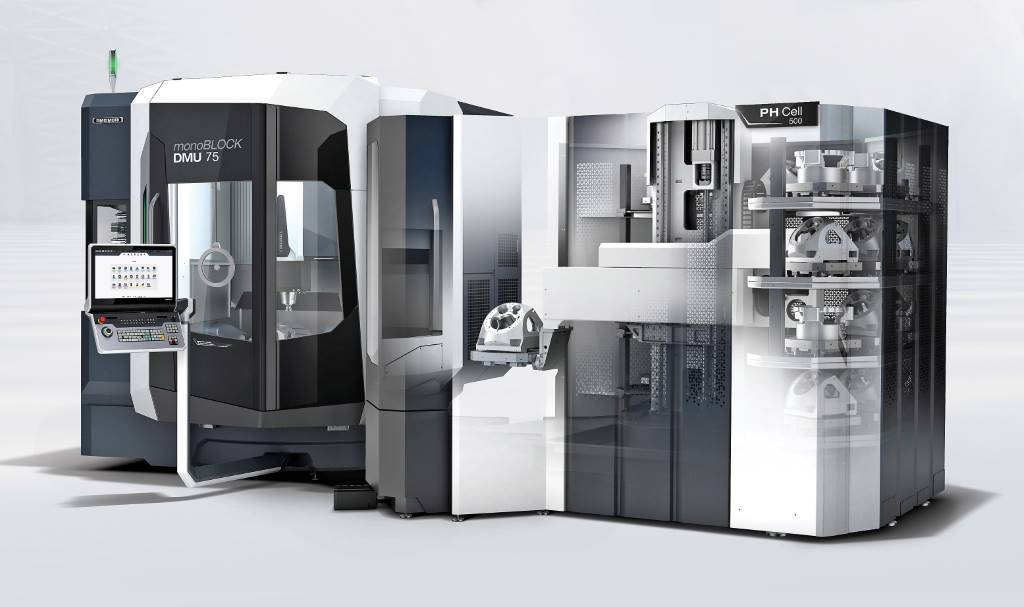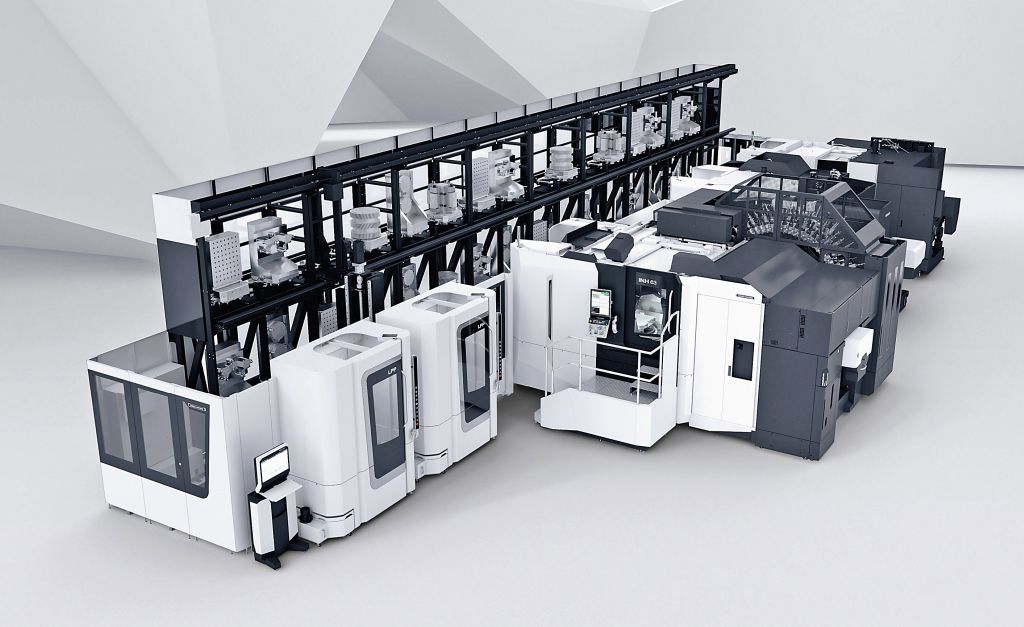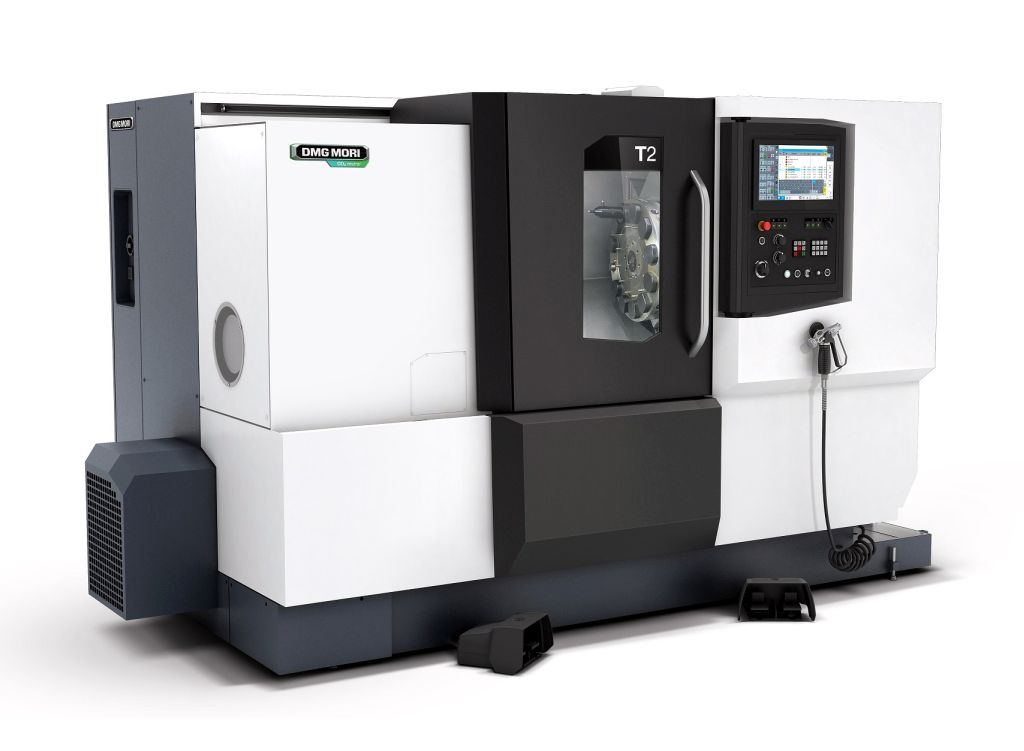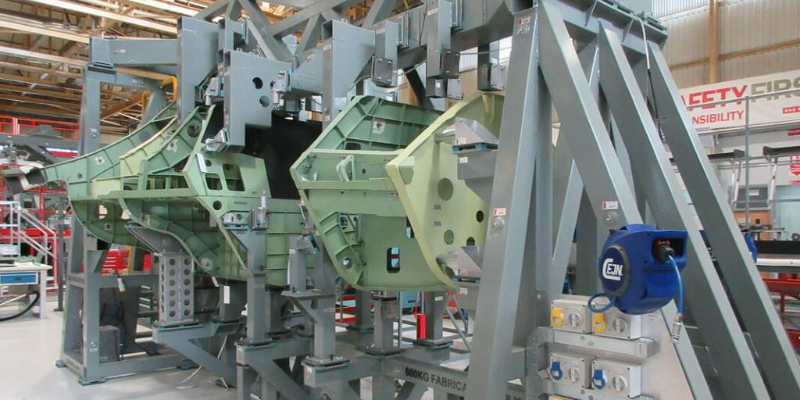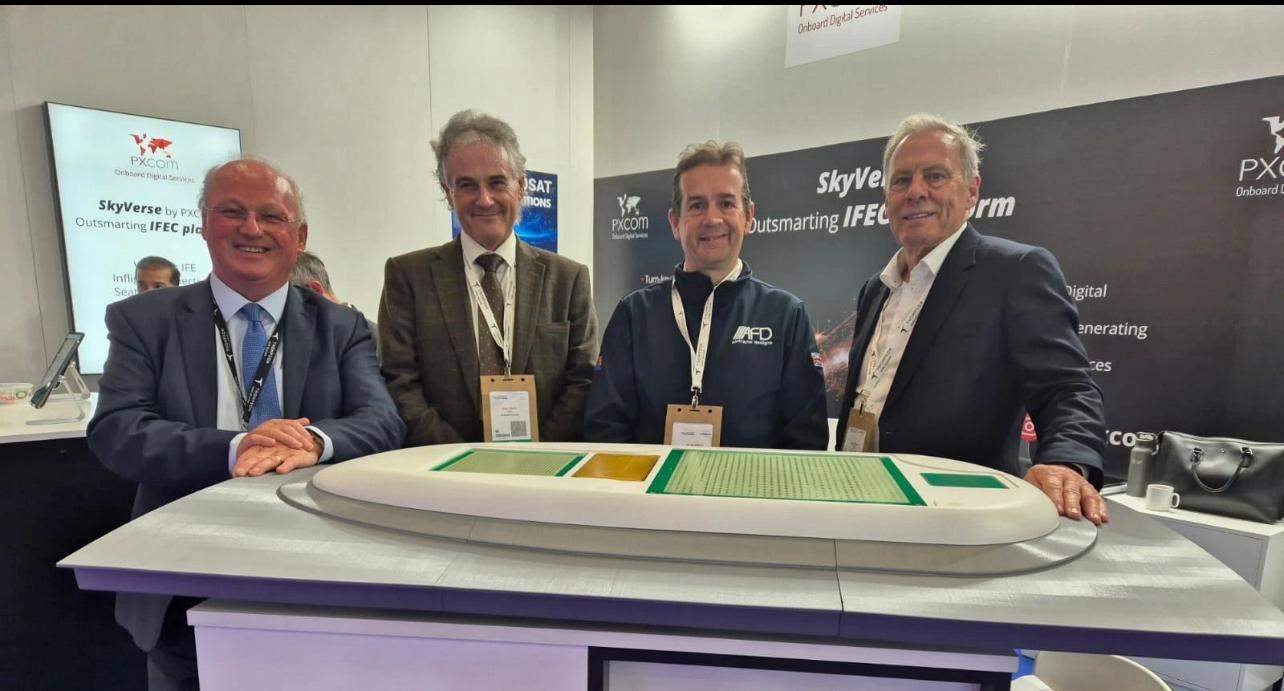
Invest – if you want to be the best of the best
28th Mar 2019 | In News | By Mike Richardson
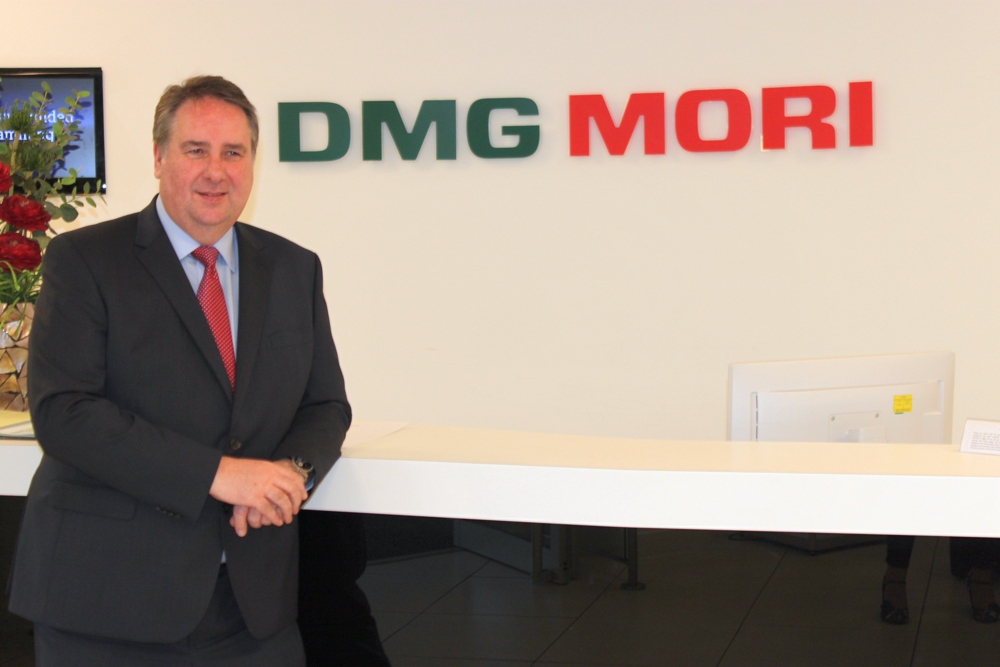
Steve Finn, managing director at DMG MORI UK comments on the current UK machine tool market.
Investing in new machinery and automation is high on the list of priorities for UK companies despite the current uncertainty.
At the end of 2016, our order intake was split 65% OEM business and 35% subcontractor business. Currency values have played a big role in the high levels of business that most manufacturers are experiencing at the moment and we have witnessed a significant swing in the make-up of our order book. At the end of 2018 subcontractor business comprised 68% and OEM 32%.
The fact that these orders are not for machines which we hold in stock, but are for machines to be delivered in 7-9 months, demonstrates the confidence in the marketplace to proceed with capital investment despite the potential uncertainty.
DMG MORI Finance has played a major role in helping companies to invest while protecting their capital reserves. Traditionally a lending assessment is based on historical financial information, with little credence placed on the positive effect of a new machine tool to a business; often this can result in less than favourable terms being offered. With DMG MORI Finance, we have a thorough understanding of the industry and this has enabled us to take a future related view on machine tool investment. Instead of concentrating almost exclusively on historic financials, DMG MORI Finance is able to place priority on the intended outcome of the investment, as it is funded by DMG MORI itself, which has resulted in a significant increase in new customers taking advantage of our finance, reaching 34% in 2018.
To increase the productivity of machinery and to sustain and expand their businesses, companies now understand the importance of automation. At our last Open House in 2018, 80% of the machines had automation featuring, for example, robots and gantry loaders all these machines were sold at the event. The key demand was for solutions which addressed the requirements of low volume high variety applications. With these types of relatively simple automation systems, machines can be run 24 hours and at a rate of £7-£8 per hour and still be profitable. We will be running a further event on 2nd and 3rd April ‘Complex machining realised’ which will again focus on automation. Examples of the latest automation systems include Robo2Go 2nd Generation for flexible workpiece handling on lathes and the PH 150 with up to twelve pallets and a maximum load capacity of 250kg. We have in total 50 solutions in the area of workpiece and pallet handling systems.
In view of the surge in automation installations and to ensure reliability for machines used under automation, we have split the maintenance and service departments. We consider planned maintenance to be crucial to our customers’ operations so that they can keep running with the minimum of unplanned breakdowns. Our Maintenance department will be focused on delivering a preventative maintenance schedule so that production can be planned around it.
Despite the uncertainty, we are seeing companies taking matters into their own hands and relying on their own skills and abilities to secure the future of their businesses by making them more competitive through investment in technology. DMG MORI is doing as much as it can to help manufacturers make the changes necessary to make this a reality.
Consider a free digital subscription
If you find this article informative, consider subscribing digitally to Aerospace Manufacturing for free. Keep up to date with the latest industry news in your inbox as well as being the first to receive our magazine in digital form.


